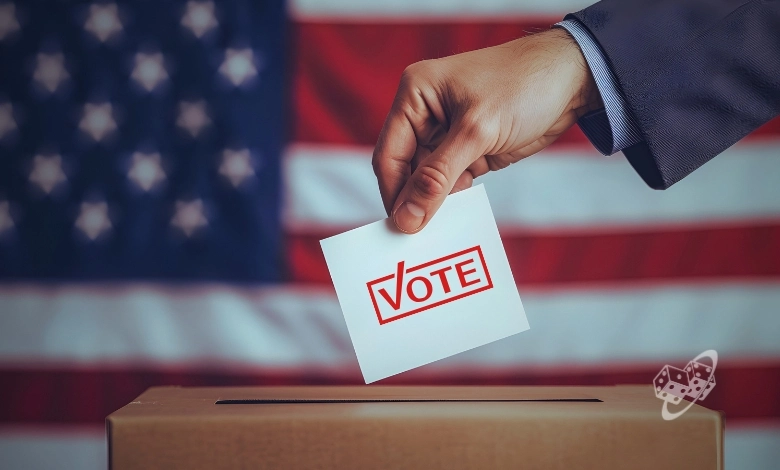Why US Elections Are Held on a Tuesday: A Tradition in Practice

The US Presidential elections are slated to happen on November 5, 2024, which is Tuesday. Although it may appear as just another election date, its origin can be traced back over 150 years. People from all over the world consider US elections as crucial events, as they have the power to shape future developments and influence ongoing events. Most of it centers around the currency exchange market, where the US Dollar dominates.
The focus here is on the practice of holding elections in the US on the first Tuesday following the first Monday in November. Also known as Election Day, it has a story that is rooted in the 19th century.
The Origins of Tuesday Voting
First of all, the decision to host elections in November was made to better suit the weather conditions that were relevant to the agriculture sector. Elections had to happen at a convenient time, and the month was ideal because it was after the harvest and before harsh winters. While the absence of a standardized election date did not negatively impact turnout, it became crucial to maintain uniformity to prevent voter manipulation and multiple votes on different ballots.
Congress, therefore, took action and set a date for voter participation. States did have different election dates before 1845, but this led to issues such as manipulation and multiple votes.
Tuesday was chosen because of its transportation facilities. Sundays were typically discouraged for this purpose, leaving voters with just Monday to travel. There was also a dire need to avoid overlapping with All Saints’ Day, which falls on November 1. The first election took place on the first Tuesday following the first Monday in 1848.
Practical Reasons for a Uniform Election Day
Two practical reasons for having a uniform election day were communication/transport and religious/travel influences.
With the advent of railroads, telegraphs, and other emerging technologies, individuals were able to rapidly influence the outcome or travel from one location to another through communication or transportation. Having multiple dates only meant that authorities were strengthening every existing limitation of the prevailing mechanism.
To ensure that every candidate has a fair chance and that elections are conducted without any malicious interference, it was decided to have a single polling date. Religious and travel influences have an impact on the convenience of moving around on a Monday, when access to traveling facilities is more readily available. The former covers celebrating All Saints’ Day, which could have been on Tuesday. As a result, the first Monday was chosen as the primary criterion.
Challenges of Tuesday Voting in Modern Times
The election mechanism is currently under the scanner due to the changing times. It is being looked at as a hindrance because people find it difficult to cut short their jobs for voting. A pitch is to move the election day to the weekend, making it convenient for employees to make it to their respective ballots. Younger voters feel more discouraged, as weekends are precisely the time they look forward to additional activities, including elections.
Some of the best election betting sites review voter trends, which clearly indicate challenges. Making election day more accessible will be a priority. Some measures have been implemented, like early voting and mail-in ballots. While these measures have been effective in providing relief, they have not been able to replace the ongoing debate about moving the election day to a more convenient day of the week.
Future of US Election Day: Will it Change?
Campaigns on social media or public debates shed light on the growing demand to make the necessary changes. Authorities may either shift it to the weekend or officially declare voting day as an official holiday. Other countries, such as India, conduct their elections in a phased manner over approximately one month. The public sector keeps it a non-working day while the private sector allows employees to take a half-day off or work from home if they are from a different city or state.
The election tradition in the US is intact for 2024. It may change after 4 years, or authorities may eventually give up on the rising societal pressure.
Conclusion
Election Day, falling on the first Tuesday after the first Monday is a tradition from the 19th century. It has remained unchanged for more than 150 years, but the time is here to examine its adverse effects on turnout. The upcoming US Presidential Election will happen on November 5, per that year-long tradition; however, campaigns are gaining momentum to make the necessary changes.





